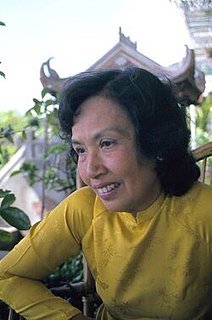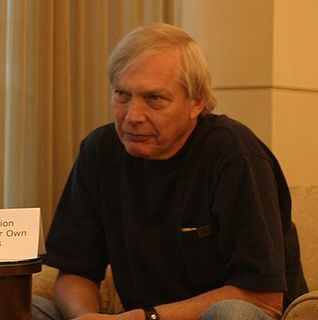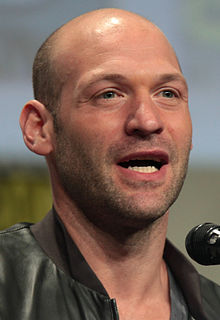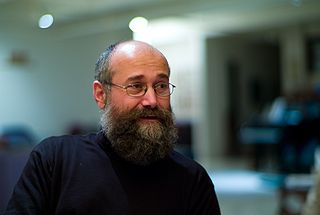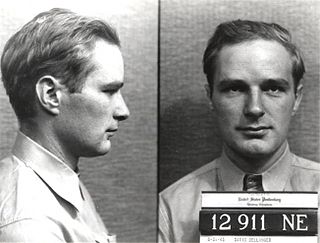A Quote by Hanoi Hannah
Well, we think the broadcasts did have some effect, because we see the antiwar movement in the U.S. building up, growing and so we think that our broadcast is a support to this antiwar movement.
Related Quotes
When I began writing poems, it was in the late 60s and early 70s when the literary and cultural atmosphere was very much affected by what was going on in the world, which was, in succession, the civil rights movement, the antiwar movement, and the women's movement in the 60s, 70s, and into the early 80s. And all of those things affected me and affected my thinking, particularly the Vietnam War.
The responsibility for the risks we posed to others in some of our most extreme actions in those underground years never leaves my thoughts for long. The antiwar movement in all its commitment, all its sacrifice and determination, could not stop the violence unleashed against Vietnam. And therein lies cause for real regret.
In less than a century we experienced great movement. The youth movement! The labor movement! The civil rights movement! The peace movement! The solidarity movement! The women's movement! The disability movement! The disarmament movement! The gay rights movement! The environmental movement! Movement! Transformation! Is there any reason to believe we are done?
Many of the points made by the antiwar movement have been consciously assimilated by the Pentagon and its lawyers and advisers. Precision weaponry is good in itself, but its ability to discriminate is improving and will continue to improve. Cluster bombs are perhaps not good in themselves, but when they are dropped on identifiable concentrations of Taliban troops, they do have a heartening effect.
